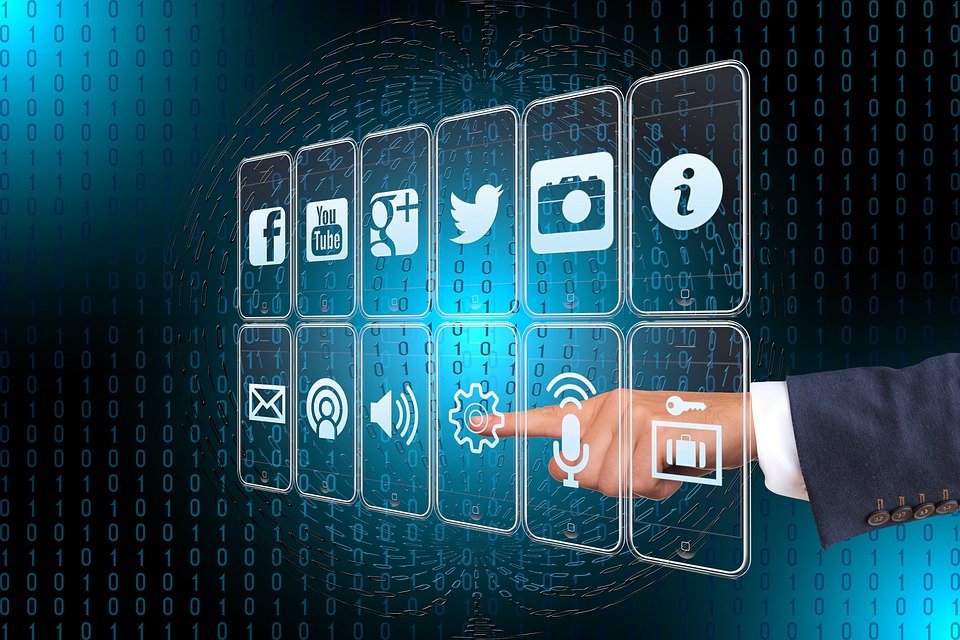Education is a fundamental right that should be accessible to all individuals, without any form of discrimination or bias. It is crucial for promoting social progress, fostering economic growth, and ensuring a fair and just society. However, achieving equality in education remains a challenge in many parts of the world. Access and opportunity continue to be limited for marginalized communities, perpetuating social and economic disparities.
Equality in education means providing equal opportunities for all individuals, regardless of their gender, race, religion, socioeconomic background, or physical and mental abilities. It requires removing barriers that prevent certain groups from receiving quality education and ensuring that every individual can develop their full potential.
One of the key barriers to equality in education is the lack of access to schools and educational institutions. In many developing countries, children from marginalized communities, such as girls, children with disabilities, and those living in rural areas, face significant challenges in accessing education. Factors like poverty, cultural norms, and inadequate infrastructure contribute to this problem. To address this issue, governments and international organizations must invest in building schools, improving transportation systems, and providing scholarships and financial support to those in need.
Another important aspect of equality in education is the quality of education provided. It is not enough to simply ensure access to schools; the education provided must be of high quality and relevant to the needs of the students. This requires trained and qualified teachers, updated curricula, and adequate resources and facilities. Additionally, education should be inclusive and cater to the diverse needs of students. Special attention should be given to children with disabilities, ensuring that they receive appropriate accommodations and support to fully participate in the learning process.
Gender inequality remains a significant barrier to equality in education. Girls, in particular, face numerous obstacles in accessing education in many parts of the world. Discriminatory cultural practices, child marriage, and gender-based violence often prevent girls from attending and completing school. To address this issue, it is crucial to challenge societal norms and stereotypes, promote girls’ education as a priority, and provide safe and inclusive learning environments for all students.
Furthermore, addressing socioeconomic disparities is essential for achieving equality in education. Children from low-income families often lack access to quality education due to financial constraints. This perpetuates the cycle of poverty and hinders social mobility. Governments should implement policies that provide equal opportunities for all, regardless of their economic background. This may include providing free or subsidized education, scholarships, and financial aid programs.
It is also important to recognize the role of technology in promoting equality in education. Online learning platforms and digital resources can help bridge the gap between privileged and disadvantaged students. Governments and educational institutions should invest in technology infrastructure, provide access to digital resources, and train teachers to effectively integrate technology into their teaching methods. This will ensure that all students, regardless of their location or socioeconomic background, have equal access to educational opportunities.
Achieving equality in education requires a collaborative effort involving governments, policymakers, educators, parents, and communities. It requires a commitment to dismantling discriminatory systems and practices, investing in inclusive infrastructure and resources, and promoting a culture of equality and respect within educational institutions. Only by providing equal access and opportunity to all individuals can we create a fair and just society, where every individual can thrive and contribute to the betterment of their communities and the world.

